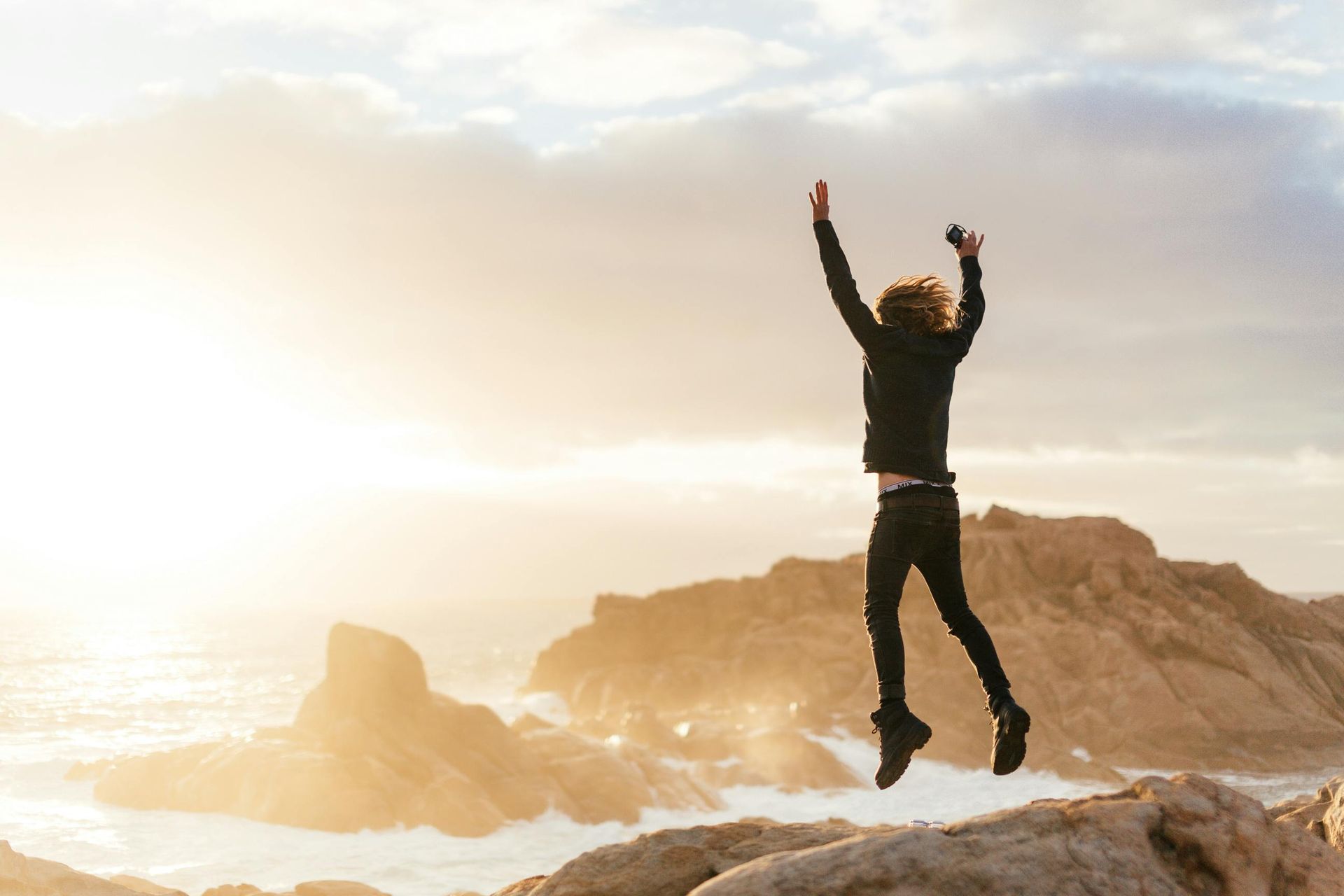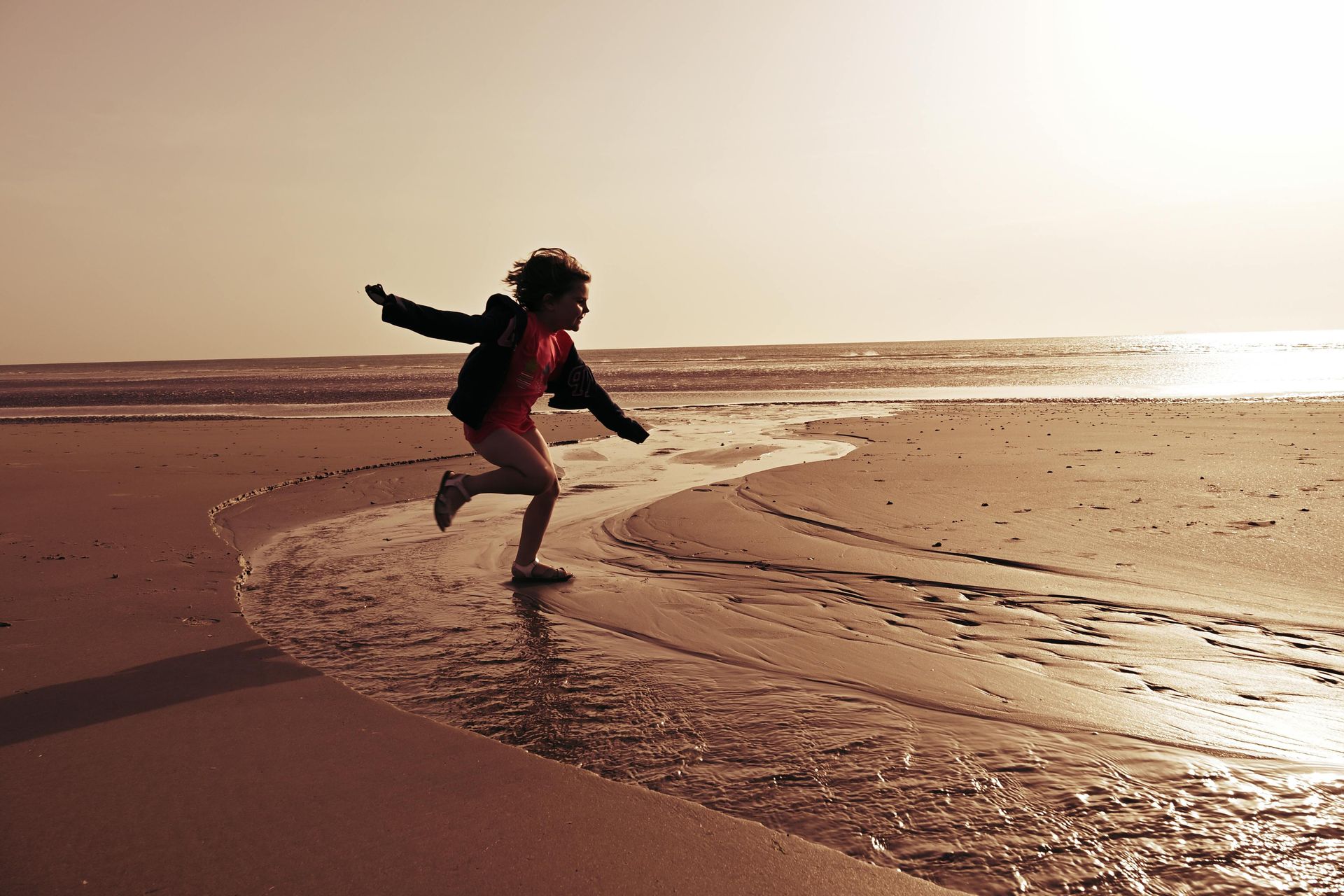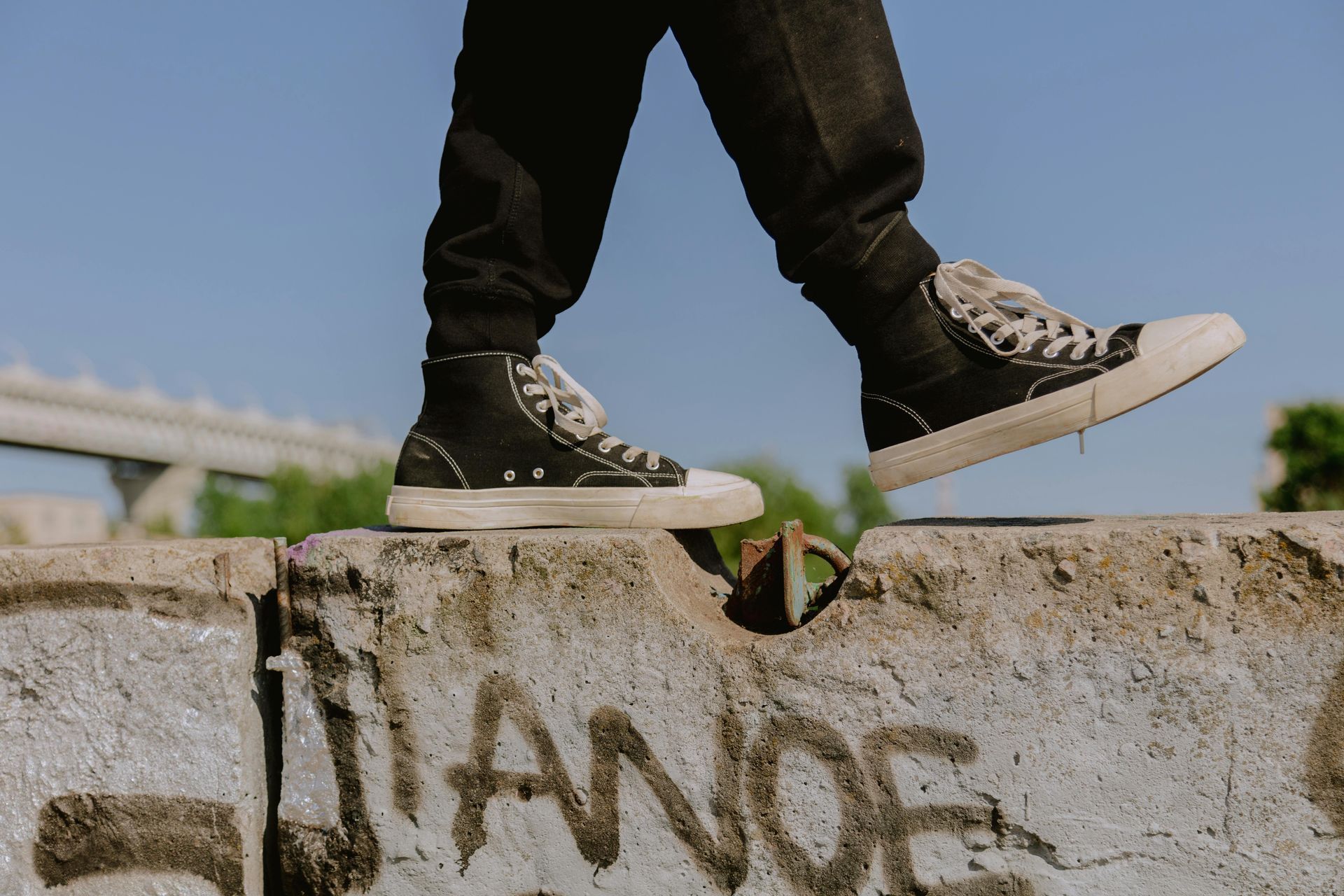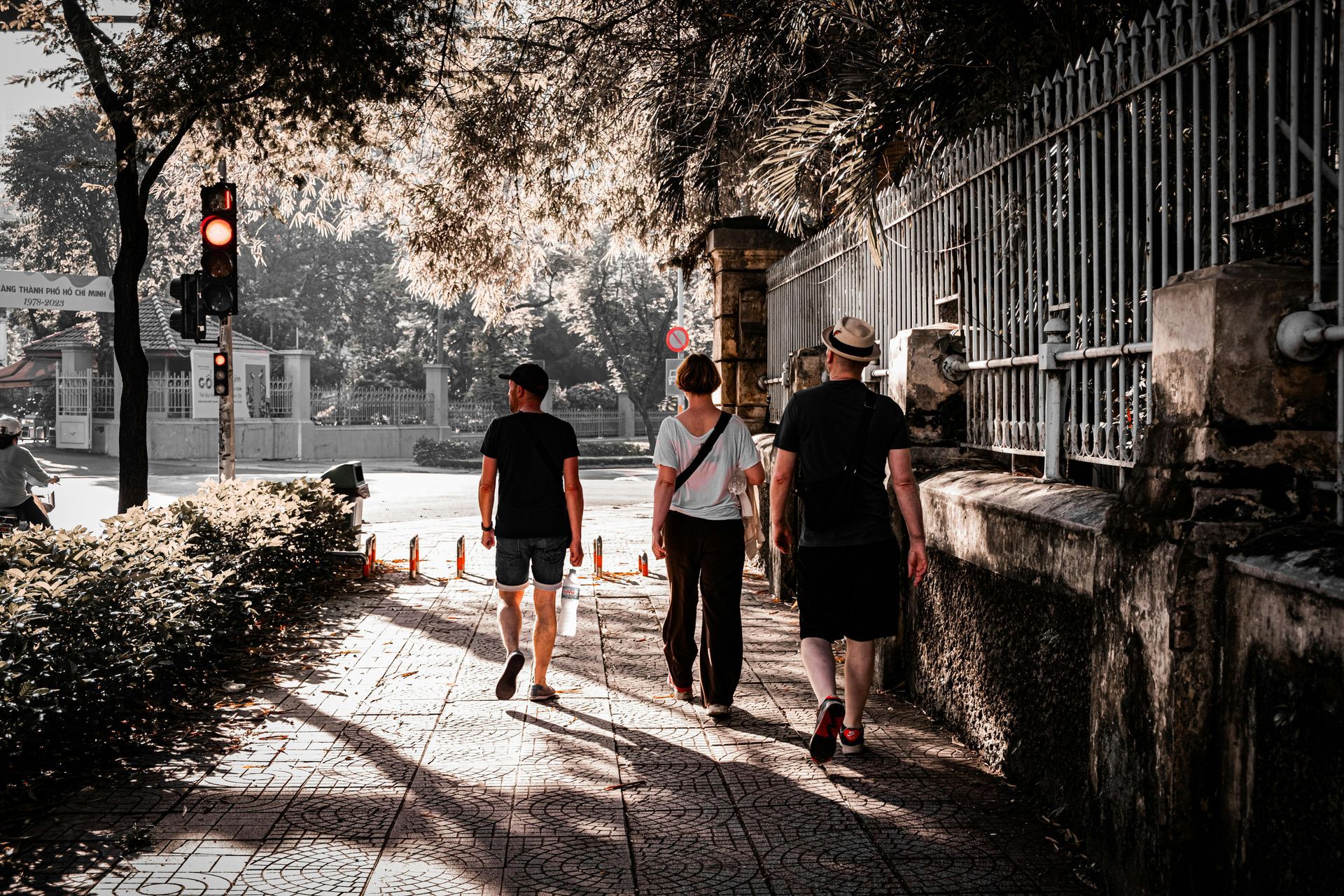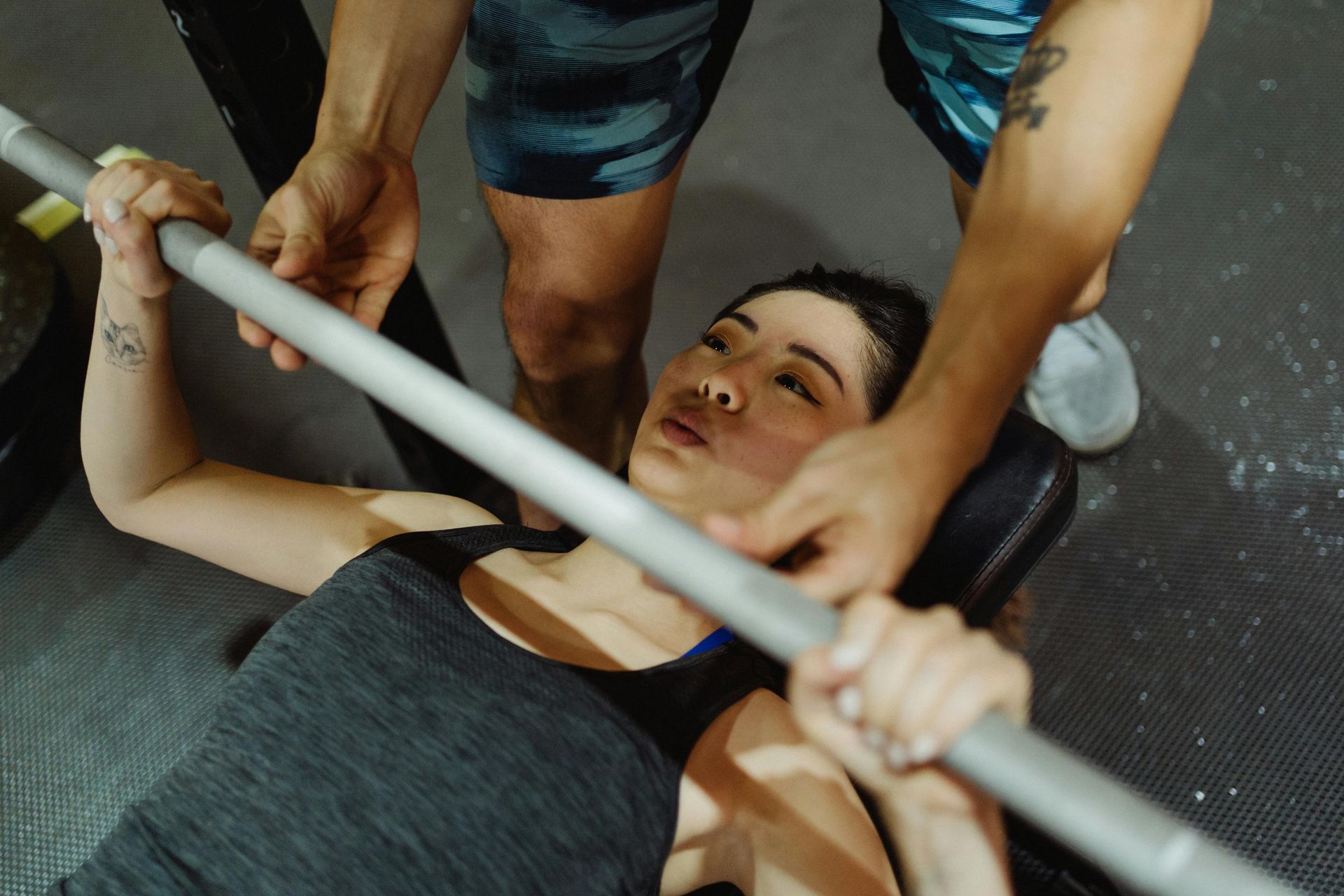Mental Fitness: How Movement Boosts Mood & Resilience
Mental Fitness:
How Exercise Boosts Your Mood & Resilience
Let’s be honest—life can be tough on the mind.
Between work stress, whānau (family) commitments, and the constant hum of modern life, it’s easy to feel stretched thin. Maybe you’ve noticed your mood slipping, motivation running low, or your wairua (spirit) just feeling flat. The search for better mental health can seem overwhelming—where do you even start?
The answer could be closer (and simpler) than you think. At AMOKURA Coaching, we see exercise as more than “just” movement for your tinana (body)—it’s powerful rongoā (medicine) for your mind too. In this blog, we’ll dive into why mental fitness matters, why common fixes often fall short, and how simple, joyful nekeneke (movement) can transform your mood, mindset, and resilience for life.
The Real Problem – Why Mental Wellbeing Feels So Hard to Find
If you’ve ever felt anxious, down, or easily overwhelmed, you’re not alone.
Modern life pulls us in all directions, making it hard to stay grounded and positive. Social media tells us to “just think positive” or “be grateful,” but it’s not always that simple—especially when the world feels heavy.
Here’s what’s happening:
- Chronic stress—from work, finances, or whānau—puts your hinengaro (mind) in a constant state of alert.
- Little movement and too much sitting make it worse. Your tinana (body) and hinengaro (mind) are deeply connected; when one suffers, so does the other.
- Many of us try to “think” our way out of a bad mood, but end up stuck in the same cycle.
The result?
- Low mood, brain fog, and irritability
- Struggles with sleep, motivation, or energy
- Feeling less “you”—and less able to show up for those you care about
This pain isn’t just emotional; it spills into every area of life, making work, relationships, and even small daily tasks feel harder.
Common Mistakes & Why They Fail
Most people want to feel better, so they try what they’ve been told works. But here’s where many get stuck:
1. Relying Only on “Positive Thinking”
While gratitude and positive self-talk are great tools, they’re tough to access when your mind is already struggling. It can feel fake, or even make things worse if you can’t “snap out of it.”
2. Chasing Quick Fixes
Scrolling, binge-watching, or reaching for comfort food might provide a brief lift, but it fades fast.
These “solutions” don’t address the root cause—and often leave you feeling more stuck.
3. Ignoring the Body-Tinana Connection
Many focus only on mental strategies, forgetting that nekeneke (movement) can have a direct, profound effect on mood and resilience. When the tinana (body) moves, it sends powerful signals of hope and energy to the hinengaro (mind).
4. Overcomplicating Exercise
People think they need to smash out hard gym sessions to get the benefits. But the truth? Even gentle walks, stretching, or dancing in your lounge count!
The big lesson: If your strategy isn’t helping you feel better in your body, it’s probably missing the mark.
The AMOKURA Approach—How Movement Fuels Mental Fitness
So, what’s the better way? At AMOKURA Coaching, we believe movement is rongoā (medicine) for the mind, as well as the body.
1. Understand the Science
When you exercise, your tinana (body) releases endorphins, serotonin, and dopamine—nature’s “feel-good” chemicals. This helps you feel:
- Happier and calmer
- More energised and focused
- Less anxious and more confident
Even 10-15 minutes of movement is enough to trigger this shift.
2. Build Small, Joyful Movement into Every Day
Forget perfection. The key is
pūmau (consistency), not intensity.
Simple ideas:
- A 10-minute hikoi (walk) in nature
- “Movement snacks”—short bursts of stretching, squats, or dancing between tasks
- Playing with your tamariki (children) or pets
- Yoga, tai chi, or swimming—whatever brings you joy
3. Make It About How You Feel, Not How You Look
When movement is driven by self-care, not self-criticism, it creates a positive feedback loop.
Notice the small wins:
- Did your mood lift after moving?
- Are you sleeping better?
- Do challenges feel more manageable?
These are real markers of progress.
4. Link Mindset and Movement
Combining movement with mindfulness—like focusing on your breath (hā), being present in nature, or practising gratitude while you walk—supercharges the benefits.
AMOKURA Coaching Tip:
Not sure where to start? Choose the smallest, easiest action. Even standing up and stretching for two minutes can start a positive shift.
The Future—Imagine Life with a Resilient Mind and Joyful Mood
Picture this:
You wake up and greet the day with energy. The stress is still there, but it doesn’t knock you over anymore. You notice more patience, more clarity, and even excitement for what’s ahead.
- Relationships feel easier, and you’re more present for your whānau.
- Challenges become stepping stones, not roadblocks.
- Your tinana (body) feels strong, and your wairua (spirit) is uplifted.
When you choose regular movement, you give yourself a foundation of real resilience.
That’s the AMOKURA promise—helping you move, feel, and live better, one day at a time.
What could your life look like if you felt even 10% better, every week?
So what is it all about?
Here’s the heart of it:
Mental fitness isn’t something you “think” your way into—it’s built with everyday actions, gentle nekeneke (movement), and self-compassion.
If you’re ready to lift your mood, build real resilience, and create a foundation for lifelong hauora (wellbeing), let’s kōrero (chat).
Kia kaha, kia māia (be strong, be brave). Your next step starts now.


